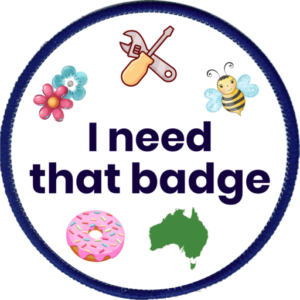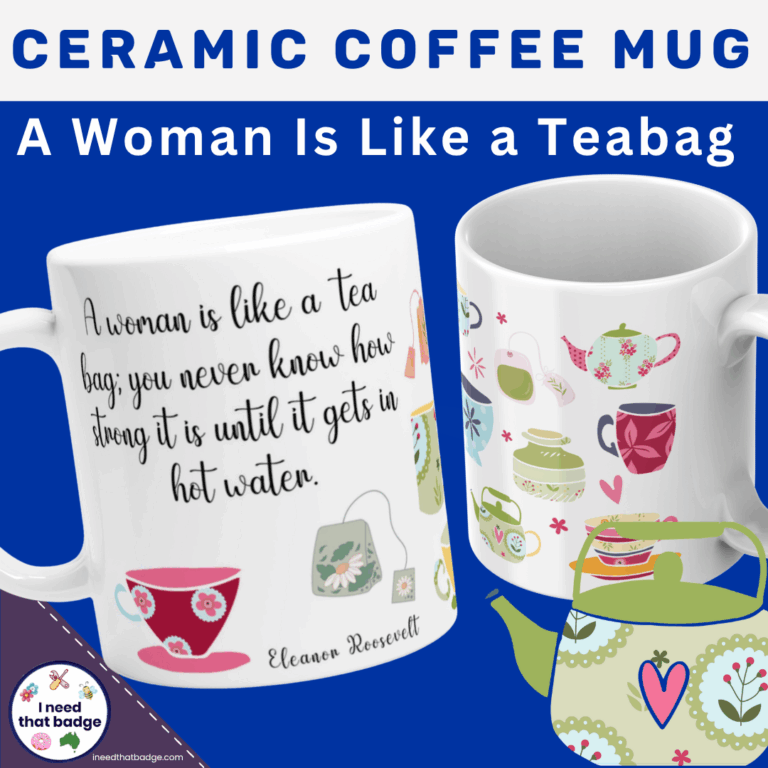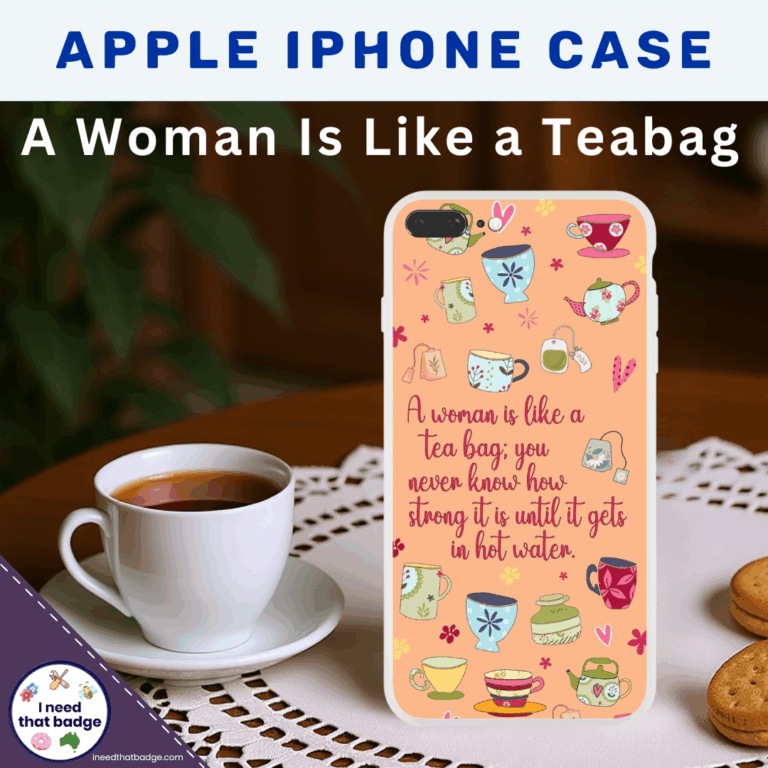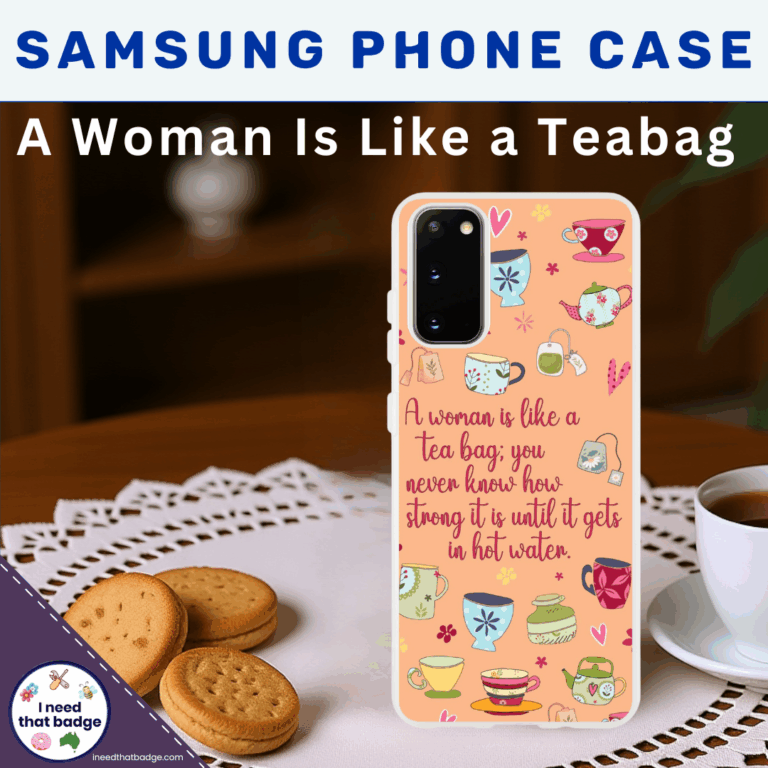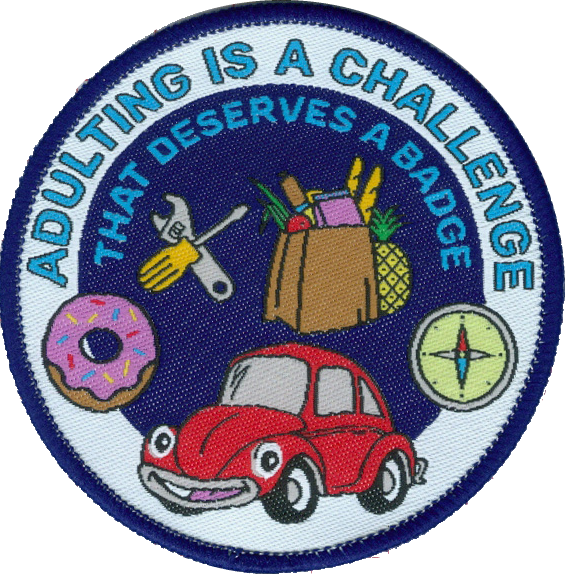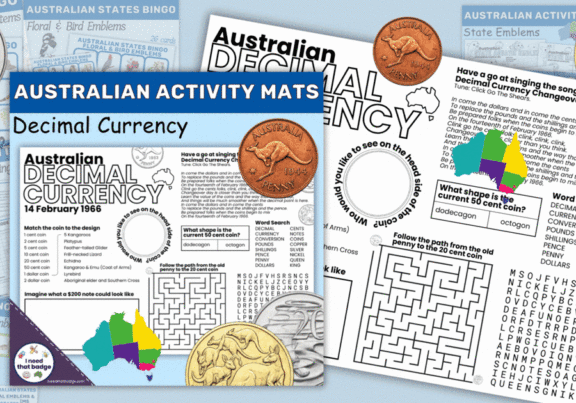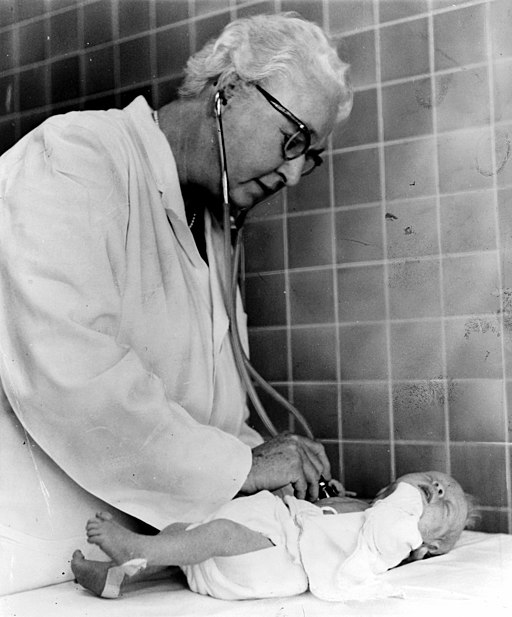
Virginia Apgar: The Woman Who Changed the First Five Minutes of Life
Virginia Apgar (1909–1974) was an extraordinary American physician whose work forever transformed how the world measures a newborn’s first breath of life. In an era when women in medicine faced extraordinary barriers, she forged a path that would save millions.
After studying zoology and gaining minors in physiology and chemistry, Virginia completed a residency in surgery. However, she was discouraged from continuing a career as a surgeon by the chairman of surgery at Columbia-Presbyterian Medical Centre, who had seen many women struggle to succeed. He encouraged her to pursue anaesthesiology , believing she had the ability to make a significant contribution to an emerging field that needed advancement. She studied, earned certifications and a master’s degree, and was appointed director of the newly formed Division of Anaesthesia at Columbia University College of Physicians and Surgeons. She was the first woman ever to head a specialty division. Throughout much of the 1940s, she was an administrator, teacher, recruiter, coordinator and practising physician
In 1949, Virginia was the first woman to be appointed a full professor at Columbia University College of Physicians and Surgeons. She focused on newborn health and the challenge of infant deaths occurring within 24 hours of birth. She documented trends, and in 1952, she introduced the Apgar Score, a simple five-part test measuring the baby’s:
- Appearance (skin colour)
- Pulse (heart rate)
- Grimace (reflex response)
- Activity (muscle tone)
- and Respiration.
This innovation gave doctors and midwives a universal language for assessing babies quickly. The Apgar Score is still used today in delivery rooms across the world. Her work stands as one of the most influential medical tools ever created, bridging obstetrics, paediatrics, and public health.
Apgar’s later went on to earn a Master of Public Health degree and worked with the March of Dimes Foundation to champion maternal and infant health worldwide. During the rubella pandemic of 1964-65, she advocated for universal vaccination to prevent mother-to-child transmission of rubella which can cause serious congenital disorders.
Though her authorship is unconfirmed, she is one of several women quoted as saying:
“Women are like tea bags — they don’t know how strong they are until they’re in hot water.”
Whether or not she said it, the sentiment captures her perfectly; resilient, brilliant, and unafraid to prove her strength under pressure.
She showed that science, compassion, and persistence could reshape an entire field.
👉 There is so much more to learn about Virginia Apgar, including her musical abilities, additional qualifications, honours and awards.
References
- Wikipedia (n.d.) Virginia Apgar. Available at: https://en.wikipedia.org/wiki/Virginia_Apgar (Accessed: 16 October 2025).
- Image: Virginia Apgar assessing a child. World Journal Tribune photo by Al Ravenna, Public domain, via Wikimedia Commons
